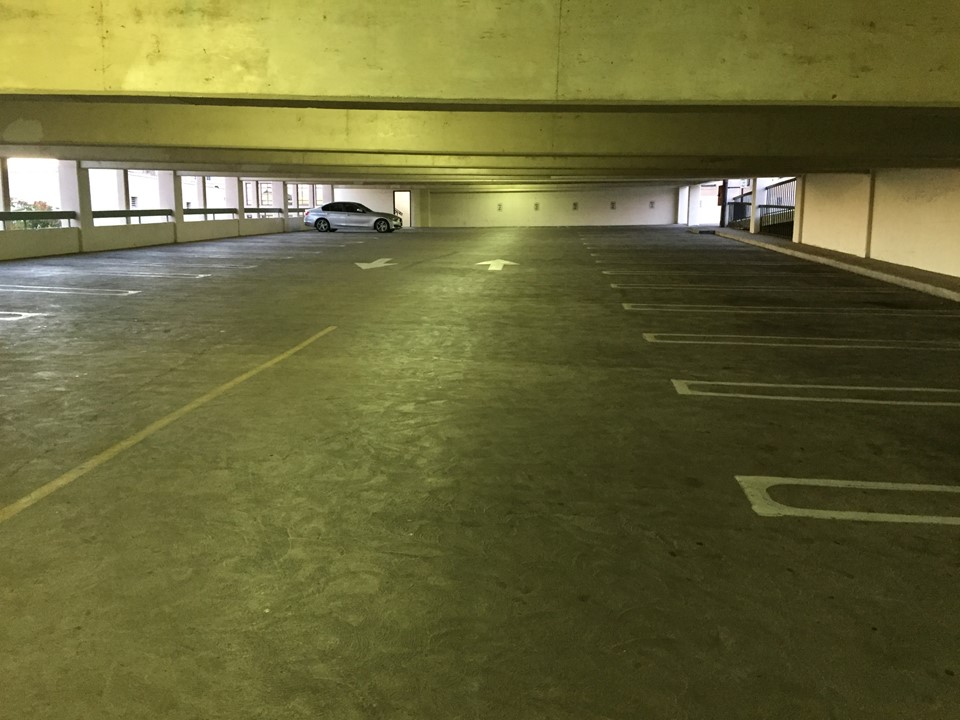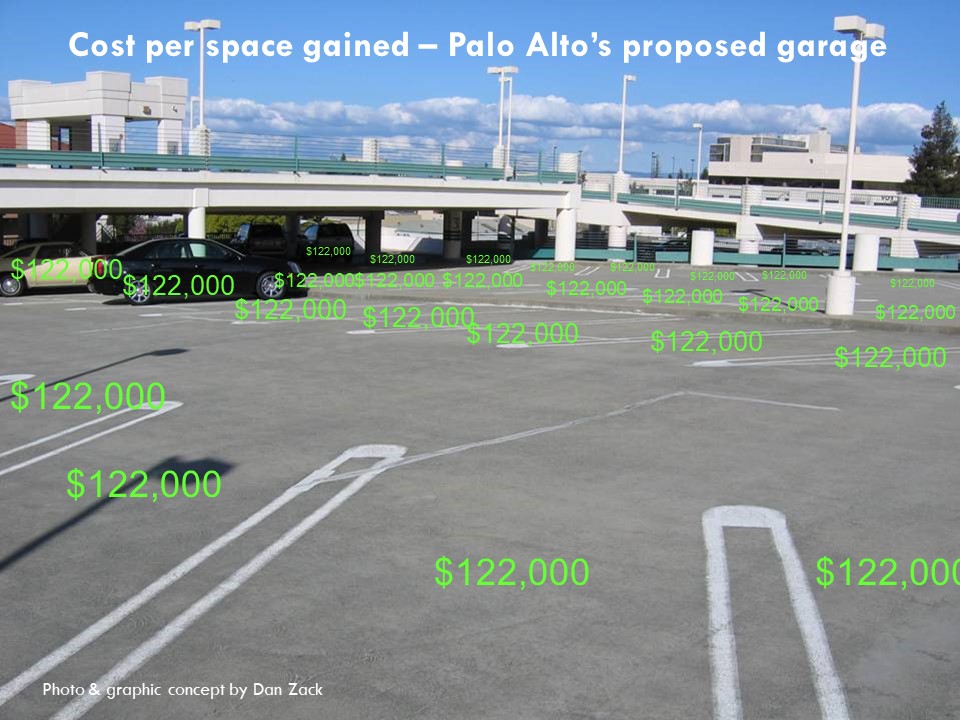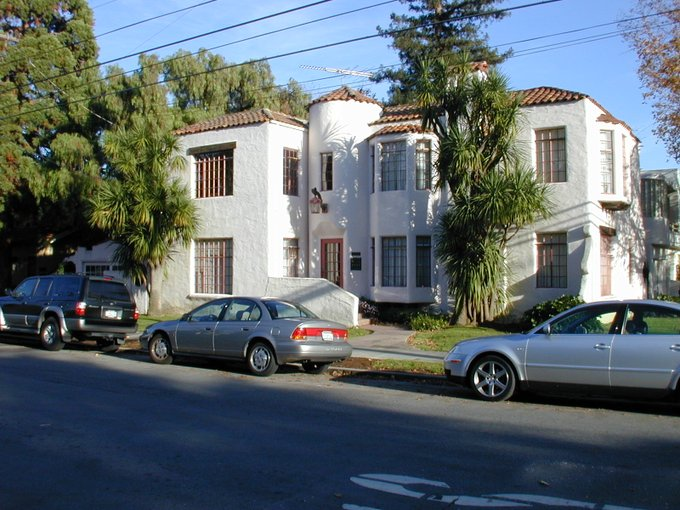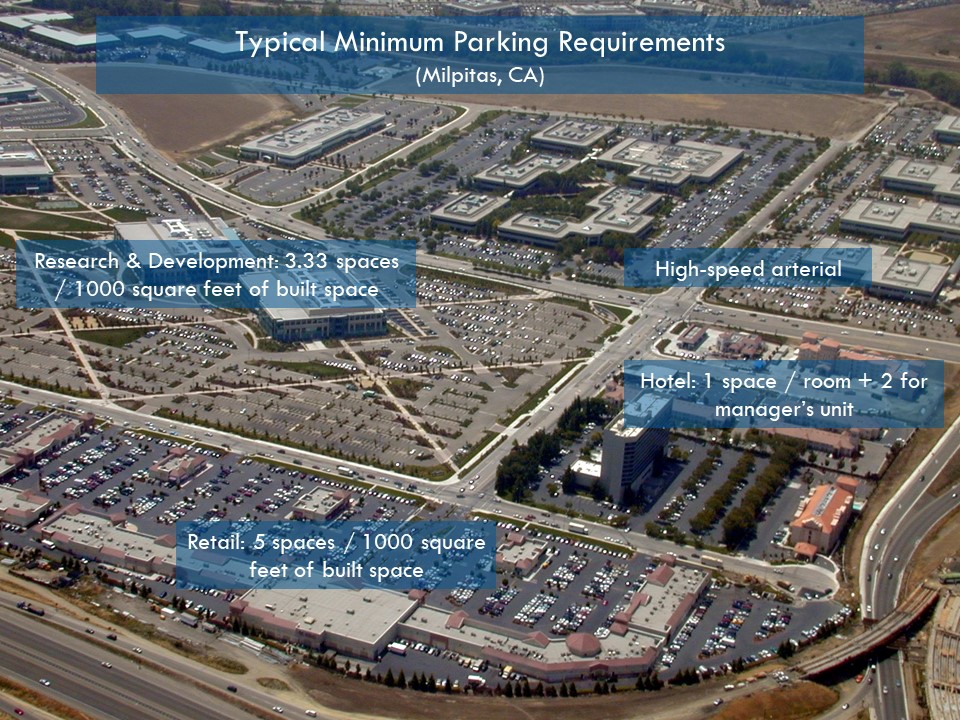When you read about homelessness in #GrantsPass, #Oregon, remember one thing. For more than half a century, the city has adopted, enforced, and defended laws that push people into homelessness.
Consider just one of them...🧵/1
Consider just one of them...🧵/1

For decades, Grants Pass has imposed off-street parking mandates. Since at least 1961, researchers have warned that these regulations limit the supply of housing and drive up its cost. The city adopted them anyway. /2 

In its quest to ensure ample free parking at every destination, Grants Pass mandated parking for every conceivable land-use, including a minimum of 1 space per five inmates at a prison and 6 spaces “per line” at a bowling alley. (Huh?) /3
grantspassoregon.gov/DocumentCenter…

grantspassoregon.gov/DocumentCenter…

Grants Pass also required 1 space for “every seven foot of bench length, or every 28 sq.ft. where no permanent seats or benches are maintained in assembly areas” at a church.
A parking space requires ~350 sf of asphalt, so that's ~12.5 sf of parking for every 1 sf of church. /4
A parking space requires ~350 sf of asphalt, so that's ~12.5 sf of parking for every 1 sf of church. /4

Because Grants Pass forced landowners to devote so much of their land to housing cars, it had little space left to house people. In Grants Pass today, pastors have plentiful parking, but their parishioners often sleep in cars. /5
opb.org/article/2024/0…

opb.org/article/2024/0…

Over the decades since Grants Pass first adopted minimum parking regulations, research showing that these mandates increase rents and home prices kept piling up. /6
University of California scholars Jia & Wachs found that in #SanFrancisco, the average condominium with off-street parking sells for 13% more than the price of comparable units without parking. /7 

In a study using a nationwide data set, University of California researchers @CJGabbe & @gregspierce found that forcing builders to provide a single garage space “adds about 17% to a unit’s rent”. /8
accessmagazine.org/spring-2017/th…

accessmagazine.org/spring-2017/th…

For many, a 17% rent increase is the difference between a roof over your family’s head and an eviction notice. /9
Grants Pass responded to this research by ignoring it. Unsurprisingly, rents rose. Homelessness increased. Neighbors complained. Elected officials responded. They could have responded by removing laws that worsen homelessness. Instead, they criminalized it. /10 

In 2022, the state of Oregon finally took action to alleviate high rents, high home prices and homelessness. The state adopted a new rule that requires local jurisdictions to remove or sharply reduce minimum parking mandates. /11
oregon.gov/lcd/CL/Documen…


oregon.gov/lcd/CL/Documen…


If cities complied by removing minimum parking regulations, individuals would once again be able to decide for themselves how much parking they did or didn’t need. They’d be able to add a backyard cottage for grandma, without paving half their yard. /12 

Grants Pass officials weren’t willing to let families have that much freedom. Despite worsening homelessness, they continued their quest to ensure ample free parking at every destination. Seeking to maintain minimum parking mandates, they sued. /13
kobi5.com/news/oregon-ci…
kobi5.com/news/oregon-ci…
They lost. The city’s lawsuit succeeded in squandering taxpayer dollars, but failed to convince the Oregon Court of Appeals, which found the city’s “broad statements” unpersuasive. It's hard to defend the indefensible.
People who need housing won. /14
opb.org/article/2024/0…
People who need housing won. /14
opb.org/article/2024/0…
In May, 2024, Grants Pass finally repealed minimum parking mandates, citywide. /15
parkingreform.org/mandates-map/c…

parkingreform.org/mandates-map/c…

What will happen next? Expect two things. First, more homes will spring to life. The evidence from cities that have already removed minimum parking mandates, like #Portland, OR, makes that clear.
Families will add cottages without adding more pavement./16
sightline.org/2024/03/18/unl…
Families will add cottages without adding more pavement./16
sightline.org/2024/03/18/unl…
Across Oregon, including in Grants Pass, families will add lots of cottages without a lot of new pavement. More people will have homes, fewer will live in tents.
Life will get better. /17
Life will get better. /17

Second, planners & politicians in Grants Pass will, over time, learn how to manage on-street parking, using permits and prices, to keep it readily available.
Eventually, they will adopt those solutions. Fears of an unbearable parking shortage will fade. The sky won’t fall. /18
Eventually, they will adopt those solutions. Fears of an unbearable parking shortage will fade. The sky won’t fall. /18

As @DonaldShoup writes, “Cities that require off-street parking and limit the housing supply have well-housed cars and homeless people. Ironically, by increasing the cost of housing, parking requirements force some people to live in their cars.” /19 

That’s where Grants Pass is today: a city with well-housed cars & homeless people. Thanks to parking reform, that’s not its future.
It doesn’t have to be your town’s future, either. Go ahead, repeal minimum parking mandates. Don't become nationally known for homelessness. 20/20
It doesn’t have to be your town’s future, either. Go ahead, repeal minimum parking mandates. Don't become nationally known for homelessness. 20/20

• • •
Missing some Tweet in this thread? You can try to
force a refresh























